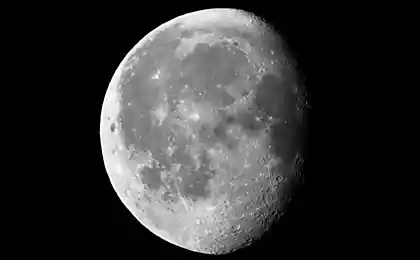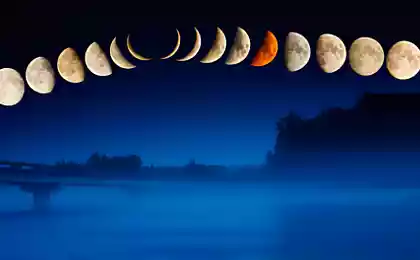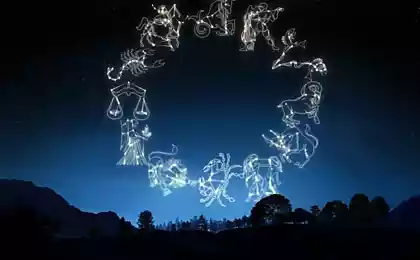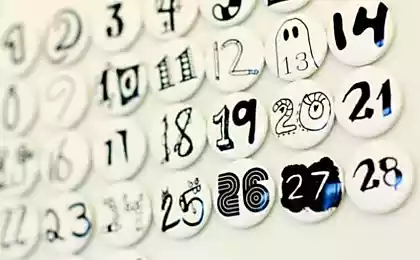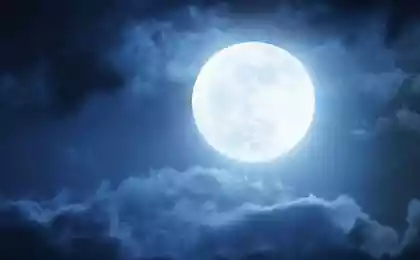1312
Why weekdays called exactly
We have assumed that the week starts on Monday, but in some countries the beginning of the week is Sunday.
So there are some inconsistencies in the names - for example, why the environment (ie, the "average day of the week") is actually the third, not the fourth?
To answer these and other questions related to days of the week, you need to start with the question why in 7 days, and why it is called a week.
Why 7 days
For modern man seven-day week is commonplace. But where did this seven days a week?
According to historians, in the history of mankind is not always a week has seven days. There were options for the 3-day, 5-day, 8-day ("vosmidnevka" in ancient Rome) a week, as well as the ancient 9-day cycle of the Celts and the orientation of 14 nights that was present among the ancient Germans.
Will be 17 photos + text
Source
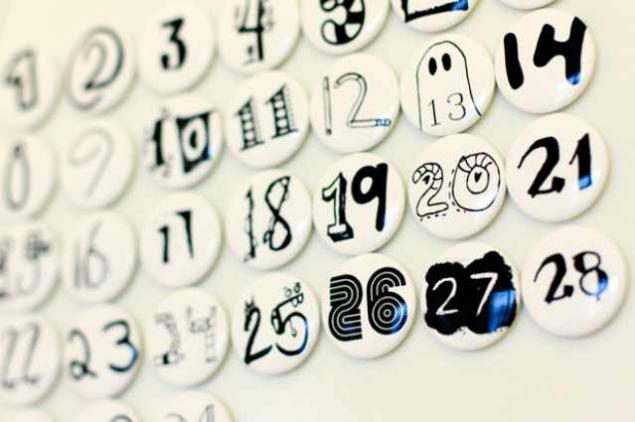
It will be interesting to note that ancient Egyptian calendar of Thoth was based on a 10-day cycle. But the seven-day period was popular in ancient Babylon (about 2 thousand. BC).
In ancient Babylon, the seven-day cycle was associated with the phases of the moon. She was seen in the sky about 28 days: 7 days Moon rises to the first quarter; the same amount it needs before the full moon.
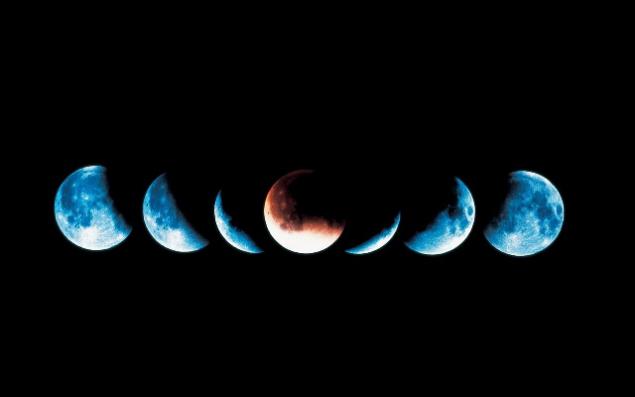
Just a 7-day cycle was used by the ancient Jews. Notes of the Jewish historian Josephus, dating from the 1st century BC, include the following words associated with the seven-day period, "no city, Greek or barbarian, and no nation which has not spread to our custom to refrain from work on the seventh day. "
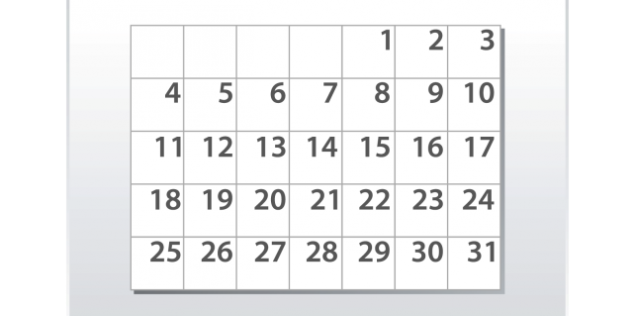
Jews and Christians took the 7-day cycle, as in the Old Testament points 7-day weekly cycle established by God (the process of creation of the world in the last 7 days):
first day - the creation of light
the second day - the creation of the firmament and the water
third day - the creation of the land and plants
fourth day - the creation of the heavenly bodies
fifth day - the creation of birds and fishes
sixth day - the creation of reptiles, animals and humans.
the seventh day - at leisure.
From an astronomical point of view, motivation 7-day's rest is very simple. All calendar calculations of ancient peoples were based on lunar phases.
Their observations are the most convenient and simple method for the calculation of specifications and time periods.
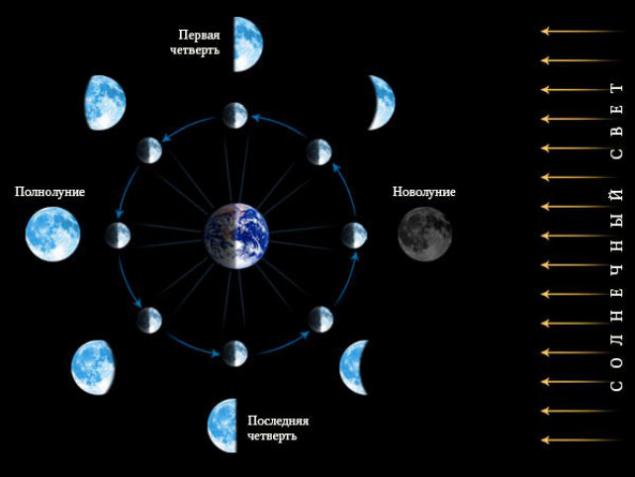
It is worth noting that in the ancient Roman calendar, the names of all seven days of the week are associated with the names of the stars that can be seen with the naked eye, namely the Sun, Moon, Mars, Mercury, Jupiter, Venus, Saturn
In today's calendar, you can find these names because of Rome, which distributed them throughout Western Europe.
Yet calendar has always been used as an ideological weapon. Despite the cosmic rhythms, the Chinese and Japanese emperors, for example, introduced their own calendars to once again assert its authority.
Several times in Europe have tried to change the seven-day cycle, but violations consecutive days did not happen.
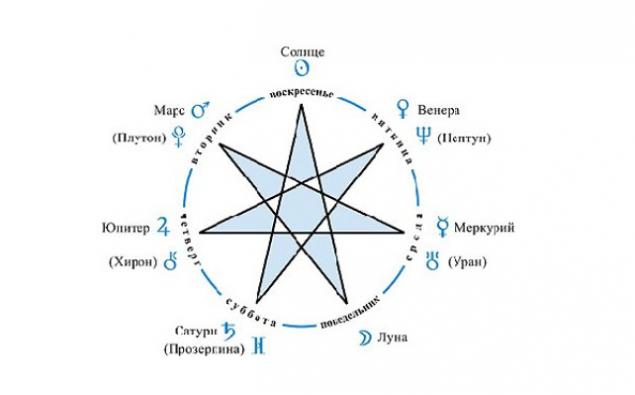
Why week called week
It does not matter (from a theoretical point of view), with a few weeks of the day, as this cycle. We just need to be divided into working days and weekends.
The word "week" is familiar to us, and we do not even try to think, where did this word.
Prior to the adoption of Christianity, it was decided to call the day off a week, and this was the first day of the week. But then the "output" done during the day, which completes the weekly cycle.
Word of the week came from the ancient times, where it was the expression "no dlati", which means "do nothing", simply put "off" or what we now call "Sunday."
As the rest had to after work and not before, that Sunday was the final day of the week.
Today, according to the Regulation of the International Organization for Standardization, the week begins on Monday.
It is worth noting that before they started to use the term "week", those same seven days were called "Week" (in Bulgarian language week and is now called the "Week"). Last day of the week is the period when one does nothing, and as a period of a week from Sunday to Sunday (from "not-doing" to "not-doing"), came into use just the word "week".

Why is it called the days of the week?
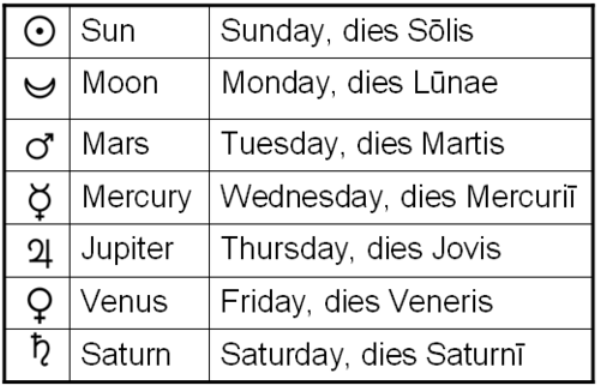
Why so called Monday
According to one version, in Slavic languages means a day Monday "after a week" because "Week", as previously mentioned, is an ancient word for the current Sunday.
In Europe Monday as the lunar day, ie day, the patron of which is the moon.
In English - Monday (Moon day = moon day)
Latin - Dies Lunae
In French - Lundi
In Spanish - el Lunes
Italian - Lunedi

Why so called Tuesday
In Slavic languages Tuesday means "second" day after Sunday.
Latin - Dies Martis
In French - Mardi
In Spanish - el Martes
Italian - Martedi
One can guess that in some European languages, the name comes from the Tuesday of the god Mars.
But in European languages from the German group, the emphasis was put on the ancient Greek god Tiu (Tiu, Ziu), an analogue of Mars (Finnish - Tiistai, English - Tuesday, German - Dienstag).
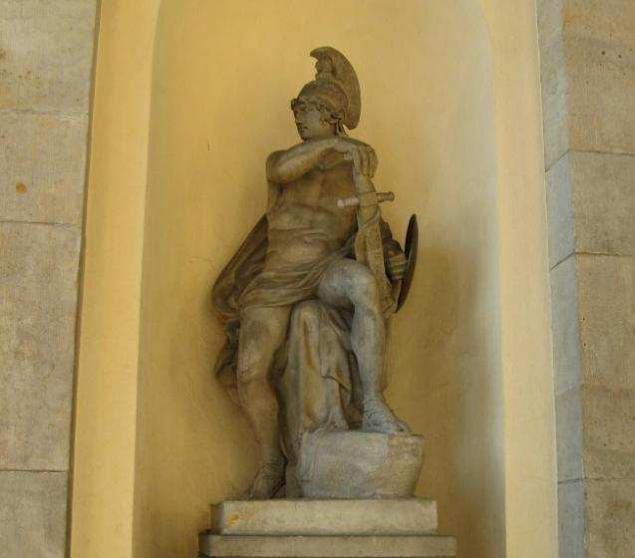
Why among so-called
Slavs "medium" or "Sereda" denotes the middle of the week as well as in German Mittwoch, and in the Finnish Keskeviikko. Previously it was thought that the week starts on Sunday, so the environment was its midpoint.
Latin - Dies Mercuri
In French - le Mercredi
In Spanish - el Miercoles
Italian - Mercoledi
The name can be the name of God-uglyadet planet Mercury.

If you delve into other languages, you'll find that the English word comes from the Wednesday of the god Woden (Woden, Wotan). He is "hidden" in the Swedish Onstag, Dutch and Danish Woenstag Onsdag. This god seemed a tall, thin old man, dressed in a black cloak. He became famous for the creation of the runic alphabet - that is what connects it with the Mercury - patron god of writing and speaking.
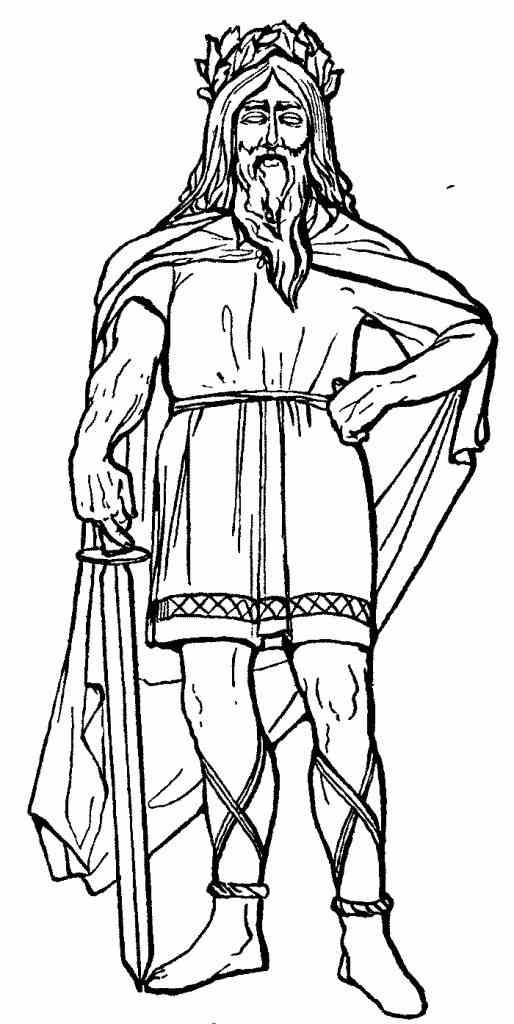
Why so called Thursday
In Slavic languages, the name of this day, probably just means the number, ie fourth day. This word comes from the Slavic word "chetvrtk." Probably with time "t" I dropped out, and the sound of "k" has become more sonorous, as it follows the sonorous sounds "p».
Latin - Dies Jovis
In French - Jeudi
In Spanish - Jueves
Italian - Giovedi
In European languages descended from the militant Thursday Jupiter.
The analog of Jupiter in Germanic languages was Thor, the son of Oden, hence the English Thursday, the Finnish Torstai, Swedish Torsdag, German, Donnerstag, and Danish Torsdag.
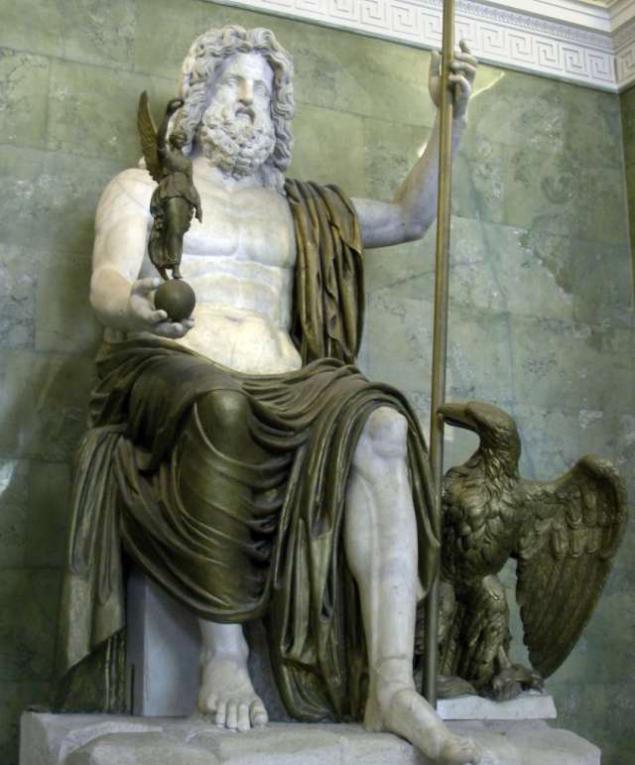
Why so called Friday
Obviously, in the Slavic languages, the meaning lies in the number five, ie Friday = fifth day, after coming Sunday.
In French - Vendredi
In Spanish - Viernes
In Italian - Venerdi
It is logical to assume that the name of the day in some European languages comes from the Roman goddess Venus.
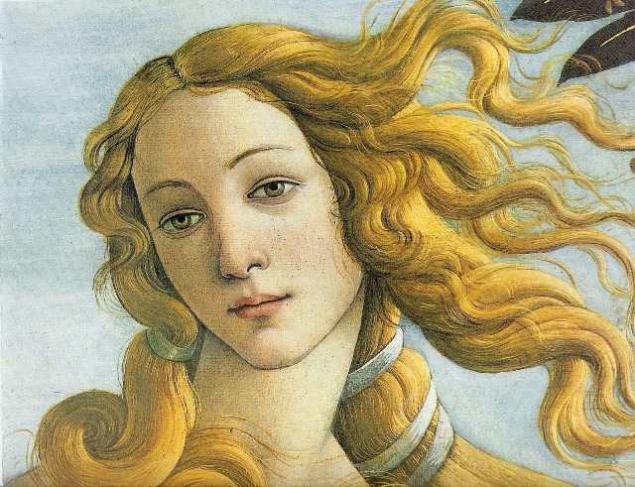
Its counterpart in the German-Scandinavian mythology the goddess of love and war, Freya (Frigg, Frey) - from her and took place in English Friday, the Swedish Fredag, German Freitag.

Why so called Saturday
The word "Sabbath" comes to us from the Old Slavonic language. Previously, it was taken from the Greek language (Sabbaton), and in Greek it got more of the Hebrew (sabbath, that is, "the seventh day", when the work is not welcome). It will be interesting to note that in Spain «el Sabado», Italy «Sabato», French «Samedi» the word has the same roots. In Hebrew "Sabbath" means "rest, rest».
Latin - Saturni
In English - Saturday
These names can be seen Saturn.
Finnish «Lauantai», Swedish «Lördag», Danish «Loverdag» likely to have roots in drevnenemetskom Laugardagr, which means "the day of washing."
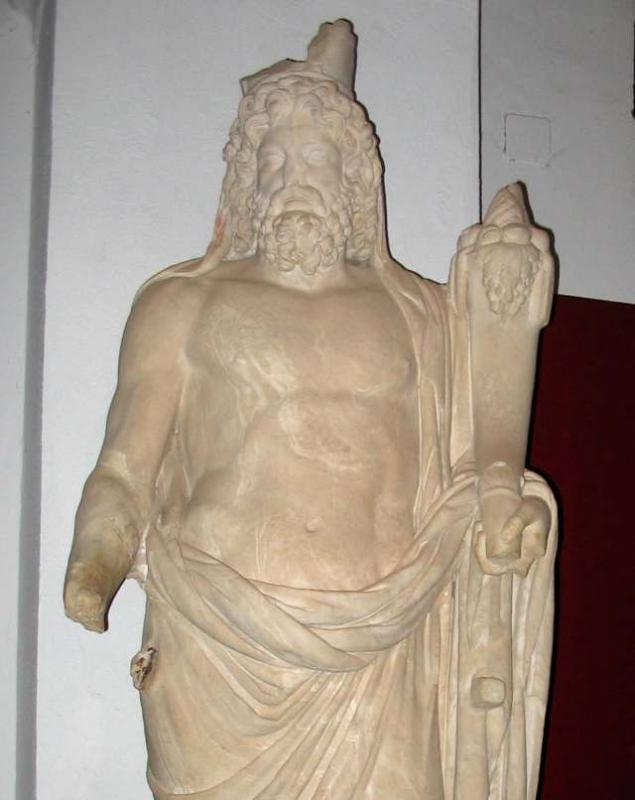
Why so called Sunday
In many languages, including Latin, English and German title of the last day of the week comes from the Sun - «Sun», «Son».
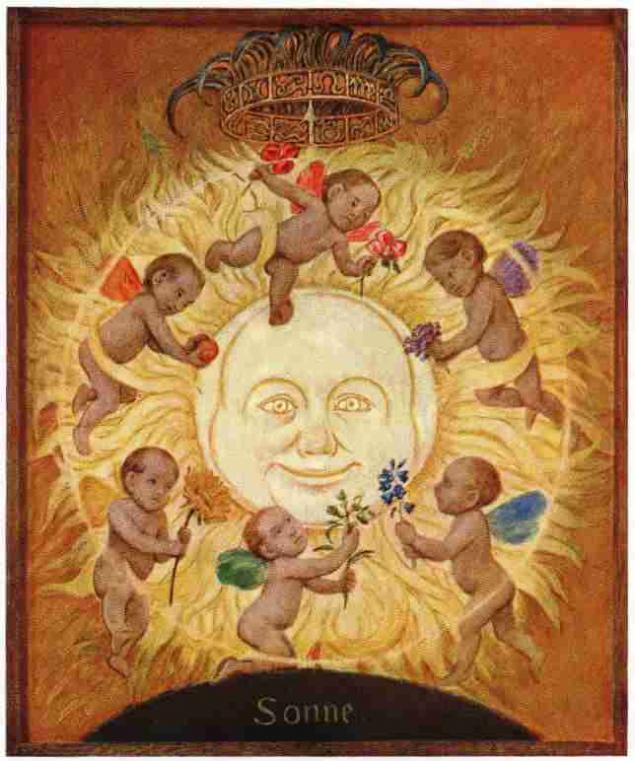
But in Russian (Sunday), Spanish (Domingo), French (Dimanche) and Italian (Domenica) lurk Christian themes. Domingo, Dimanche and Domenica can be translated as "the Lord's Day."
Earlier Russian called this day "weeks" (ie, do-rest). But as the word "week" implies a certain day, as could be called a seven-day cycle? As mentioned earlier, there were Slavic languages the word "Week". "Sunday" is derived from "vskresiti" - the day when, according to scripture, Jesus was resurrected. ©
All!
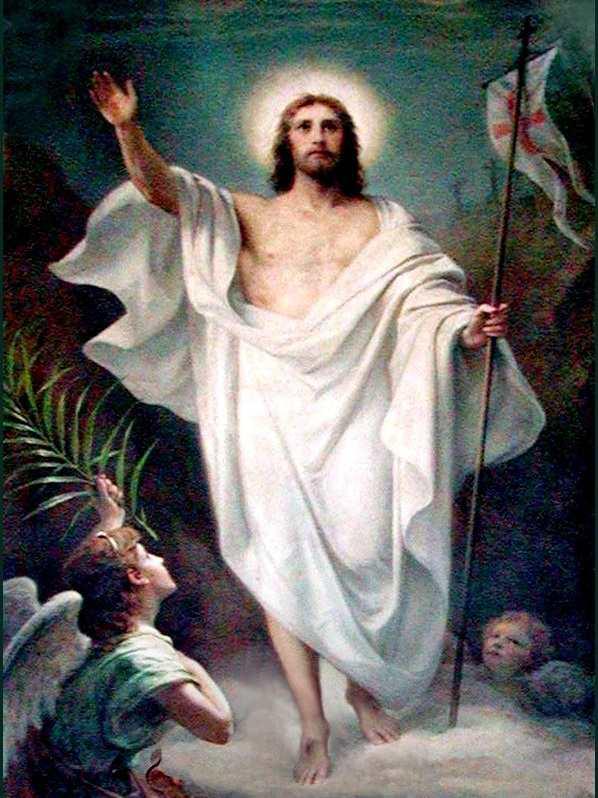
Source:
So there are some inconsistencies in the names - for example, why the environment (ie, the "average day of the week") is actually the third, not the fourth?
To answer these and other questions related to days of the week, you need to start with the question why in 7 days, and why it is called a week.
Why 7 days
For modern man seven-day week is commonplace. But where did this seven days a week?
According to historians, in the history of mankind is not always a week has seven days. There were options for the 3-day, 5-day, 8-day ("vosmidnevka" in ancient Rome) a week, as well as the ancient 9-day cycle of the Celts and the orientation of 14 nights that was present among the ancient Germans.
Will be 17 photos + text
Source

It will be interesting to note that ancient Egyptian calendar of Thoth was based on a 10-day cycle. But the seven-day period was popular in ancient Babylon (about 2 thousand. BC).
In ancient Babylon, the seven-day cycle was associated with the phases of the moon. She was seen in the sky about 28 days: 7 days Moon rises to the first quarter; the same amount it needs before the full moon.

Just a 7-day cycle was used by the ancient Jews. Notes of the Jewish historian Josephus, dating from the 1st century BC, include the following words associated with the seven-day period, "no city, Greek or barbarian, and no nation which has not spread to our custom to refrain from work on the seventh day. "

Jews and Christians took the 7-day cycle, as in the Old Testament points 7-day weekly cycle established by God (the process of creation of the world in the last 7 days):
first day - the creation of light
the second day - the creation of the firmament and the water
third day - the creation of the land and plants
fourth day - the creation of the heavenly bodies
fifth day - the creation of birds and fishes
sixth day - the creation of reptiles, animals and humans.
the seventh day - at leisure.
From an astronomical point of view, motivation 7-day's rest is very simple. All calendar calculations of ancient peoples were based on lunar phases.
Their observations are the most convenient and simple method for the calculation of specifications and time periods.

It is worth noting that in the ancient Roman calendar, the names of all seven days of the week are associated with the names of the stars that can be seen with the naked eye, namely the Sun, Moon, Mars, Mercury, Jupiter, Venus, Saturn
In today's calendar, you can find these names because of Rome, which distributed them throughout Western Europe.
Yet calendar has always been used as an ideological weapon. Despite the cosmic rhythms, the Chinese and Japanese emperors, for example, introduced their own calendars to once again assert its authority.
Several times in Europe have tried to change the seven-day cycle, but violations consecutive days did not happen.

Why week called week
It does not matter (from a theoretical point of view), with a few weeks of the day, as this cycle. We just need to be divided into working days and weekends.
The word "week" is familiar to us, and we do not even try to think, where did this word.
Prior to the adoption of Christianity, it was decided to call the day off a week, and this was the first day of the week. But then the "output" done during the day, which completes the weekly cycle.
Word of the week came from the ancient times, where it was the expression "no dlati", which means "do nothing", simply put "off" or what we now call "Sunday."
As the rest had to after work and not before, that Sunday was the final day of the week.
Today, according to the Regulation of the International Organization for Standardization, the week begins on Monday.
It is worth noting that before they started to use the term "week", those same seven days were called "Week" (in Bulgarian language week and is now called the "Week"). Last day of the week is the period when one does nothing, and as a period of a week from Sunday to Sunday (from "not-doing" to "not-doing"), came into use just the word "week".

Why is it called the days of the week?

Why so called Monday
According to one version, in Slavic languages means a day Monday "after a week" because "Week", as previously mentioned, is an ancient word for the current Sunday.
In Europe Monday as the lunar day, ie day, the patron of which is the moon.
In English - Monday (Moon day = moon day)
Latin - Dies Lunae
In French - Lundi
In Spanish - el Lunes
Italian - Lunedi

Why so called Tuesday
In Slavic languages Tuesday means "second" day after Sunday.
Latin - Dies Martis
In French - Mardi
In Spanish - el Martes
Italian - Martedi
One can guess that in some European languages, the name comes from the Tuesday of the god Mars.
But in European languages from the German group, the emphasis was put on the ancient Greek god Tiu (Tiu, Ziu), an analogue of Mars (Finnish - Tiistai, English - Tuesday, German - Dienstag).

Why among so-called
Slavs "medium" or "Sereda" denotes the middle of the week as well as in German Mittwoch, and in the Finnish Keskeviikko. Previously it was thought that the week starts on Sunday, so the environment was its midpoint.
Latin - Dies Mercuri
In French - le Mercredi
In Spanish - el Miercoles
Italian - Mercoledi
The name can be the name of God-uglyadet planet Mercury.

If you delve into other languages, you'll find that the English word comes from the Wednesday of the god Woden (Woden, Wotan). He is "hidden" in the Swedish Onstag, Dutch and Danish Woenstag Onsdag. This god seemed a tall, thin old man, dressed in a black cloak. He became famous for the creation of the runic alphabet - that is what connects it with the Mercury - patron god of writing and speaking.

Why so called Thursday
In Slavic languages, the name of this day, probably just means the number, ie fourth day. This word comes from the Slavic word "chetvrtk." Probably with time "t" I dropped out, and the sound of "k" has become more sonorous, as it follows the sonorous sounds "p».
Latin - Dies Jovis
In French - Jeudi
In Spanish - Jueves
Italian - Giovedi
In European languages descended from the militant Thursday Jupiter.
The analog of Jupiter in Germanic languages was Thor, the son of Oden, hence the English Thursday, the Finnish Torstai, Swedish Torsdag, German, Donnerstag, and Danish Torsdag.

Why so called Friday
Obviously, in the Slavic languages, the meaning lies in the number five, ie Friday = fifth day, after coming Sunday.
In French - Vendredi
In Spanish - Viernes
In Italian - Venerdi
It is logical to assume that the name of the day in some European languages comes from the Roman goddess Venus.

Its counterpart in the German-Scandinavian mythology the goddess of love and war, Freya (Frigg, Frey) - from her and took place in English Friday, the Swedish Fredag, German Freitag.

Why so called Saturday
The word "Sabbath" comes to us from the Old Slavonic language. Previously, it was taken from the Greek language (Sabbaton), and in Greek it got more of the Hebrew (sabbath, that is, "the seventh day", when the work is not welcome). It will be interesting to note that in Spain «el Sabado», Italy «Sabato», French «Samedi» the word has the same roots. In Hebrew "Sabbath" means "rest, rest».
Latin - Saturni
In English - Saturday
These names can be seen Saturn.
Finnish «Lauantai», Swedish «Lördag», Danish «Loverdag» likely to have roots in drevnenemetskom Laugardagr, which means "the day of washing."

Why so called Sunday
In many languages, including Latin, English and German title of the last day of the week comes from the Sun - «Sun», «Son».

But in Russian (Sunday), Spanish (Domingo), French (Dimanche) and Italian (Domenica) lurk Christian themes. Domingo, Dimanche and Domenica can be translated as "the Lord's Day."
Earlier Russian called this day "weeks" (ie, do-rest). But as the word "week" implies a certain day, as could be called a seven-day cycle? As mentioned earlier, there were Slavic languages the word "Week". "Sunday" is derived from "vskresiti" - the day when, according to scripture, Jesus was resurrected. ©
All!

Source:



